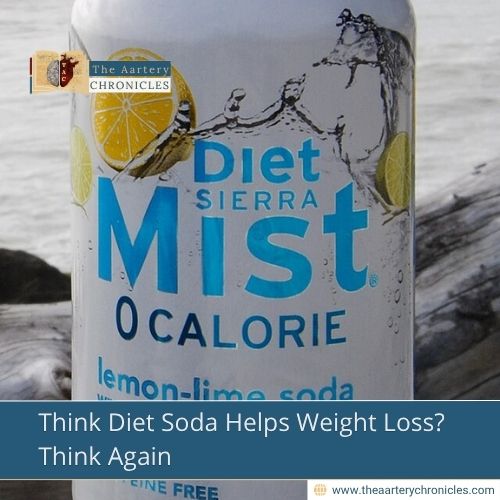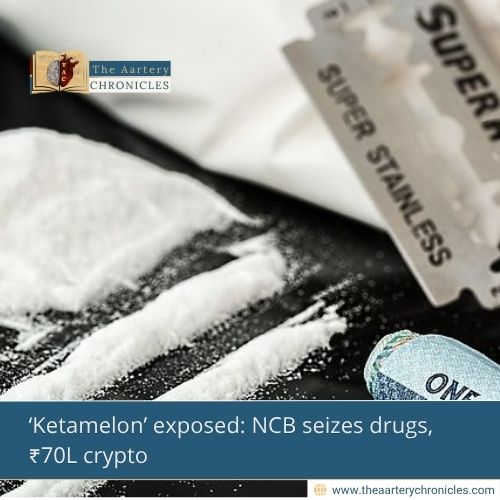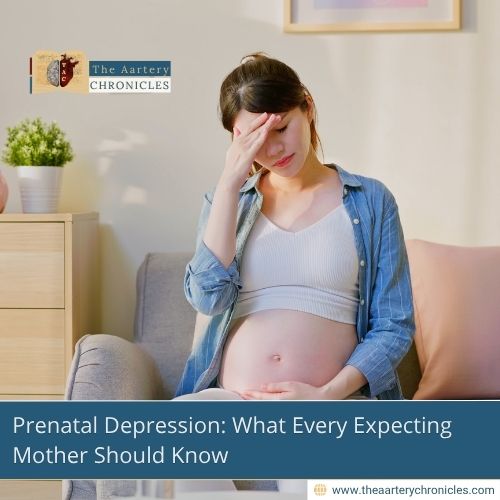

Think Diet Soda Helps Weight Loss? Think Again
Many people choose diet soda as a “healthier” option because it contains zero sugar and zero calories. On the surface, it seems like the perfect beverage for anyone trying to lose weight. But recent research suggests otherwise.
A new study from the Keck School of Medicine of USC, published in JAMA Network Open, reveals that drinking diet soda might increase food cravings and appetite, especially in women and individuals who are overweight or obese.
What’s Really Inside Diet Soda?
Most diet sodas are sweetened with artificial sweeteners, also known as nonnutritive sweeteners (NNS). One of the most common is sucralose. It’s often marketed as a safe, calorie-free sugar substitute.
Surprisingly, more than 40% of U.S. adults use these sweeteners regularly mostly to support their weight loss goals. But the science isn’t as clear-cut. While some studies suggest artificial sweeteners help with weight control, others link them to weight gain, type 2 diabetes, and metabolic problems.
According to Dr. Kathleen Page, the lead author of the study, this research helps explain why previous findings have been so mixed. By studying people across different genders and body types, her team uncovered patterns that hadn’t been clear before.
How Diet Soda Affects Your Body
To dig deeper, researchers recruited 74 participants of varying body sizes some with healthy weight, others overweight or obese. Each person attended three sessions, during which they drank one of three beverages:
- A sugar-sweetened drink (with sucrose)
- A sucralose-sweetened diet drink
- Plain water
Next, researchers used functional MRI (fMRI) to track brain responses to images of high-calorie foods (like donuts and burgers). They also measured blood levels of glucose, insulin, and hormones related to hunger and fullness.
Cravings Went Up
Here’s what the results showed:
- Brain activity linked to food cravings increased after drinking the sucralose-sweetened drink, especially in women and obese participants.
- The artificial sweetener reduced levels of satiety hormones—those that signal to your brain that you’re full.
- Women who drank the diet soda snacked more afterwards, while men’s snacking behaviour didn’t change significantly.
In simpler terms, drinking diet soda may trick your brain into thinking you’re still hungry, which could cause you to eat more later.
What Does This Mean for You?
This study helps explain why some people don’t see results—even when switching from regular soda to diet versions. For certain groups, such as women and people living with obesity, diet soda may make things worse by triggering more cravings and increasing total calorie intake.
As Dr. Page puts it, “Artificial sweeteners may cause the brain to think the body needs more food, especially in those who are more sensitive to these effects.”
Conclusion
While diet soda may seem like a smart alternative, it may not support your weight loss journey the way you expect. If you’re using it to cut calories, you might end up eating more overall without realizing it.
If you’re trying to lose weight, it’s important to:
- Focus on whole, minimally processed foods
- Stay hydrated with water or naturally flavoured beverages
- Avoid relying on “zero-calorie” claims that may not support long-term health
So next time you reach for a diet soda thinking it’s a guilt-free option think again.
Source: Inputs from various media Sources

Priya Bairagi
Reviewed by Dr Aarti Nehra (MBBS, MMST)
I’m a pharmacist with a strong background in health sciences. I hold a BSc from Delhi University and a pharmacy degree from PDM University. I write articles and daily health news while interviewing doctors to bring you the latest insights. In my free time, you’ll find me at the gym or lost in a sci-fi novel.








